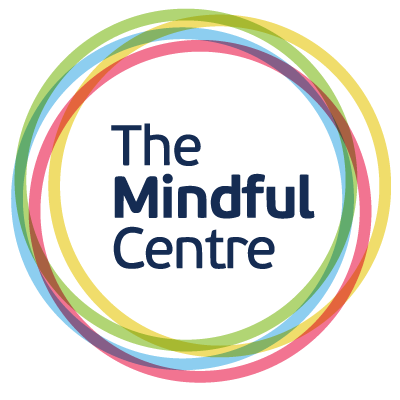What is Attention Deficit Hyperactivity Disorder (ADHD)?
October is ADHD Awareness month
October is when we notice the holiday decorations creeping into supermarkets and realise that the year is almost over, but it's also a time when we come together to raise awareness about a condition that affects millions of Australians – Attention Deficit Hyperactivity Disorder (ADHD). ADHD Awareness Month is a crucial opportunity to shed light on this often misunderstood neurological condition, its impact on individuals, and the importance of support and understanding.
What is ADHD?
ADHD is a neurodevelopmental disorder that affects people of all ages. Once thought to be a disorder that individuals ‘grew out of’, it is now recognised that the challenges presented in ADHD often continue throughout the lifespan.
ADHD is characterised by a persistent pattern of problems regulating attention. Whilst inattention is a feature of ADHD, there is also a tendency to hyperfocus on areas of interest to the exclusion of other tasks. Whilst hyperactivity can be seen in ADHD, it is not always the case, so sometimes individuals who present with more attention regulation issues and less hyperactivity get missed.
The impulsivity of ADHD can significantly interfere with daily life leading to poor decision making, addiction issues, unsafe driving, and problems with money.
Those living with ADHD often face challenges in school, at work, and in their personal relationships.
New ADHD discoveries
Recently, Russell Barkley, PhD, an internationally recognised authority on ADHD, drew attention to a study linking ADHD to hoarding disorder. This study found that ADHD had a 32% comorbidity with ADHD versus only an 8% comorbidity with Obsessive Compulsive Disorder (OCD).
As Dr Barkley, explained; inattention and executive dysfunction is the biggest risk factor for hoarding disorder, both key features of ADHD. Whilst depression may be involved, ADHD is the more likely predictor of hoarding disorder. This may explain while common medications used in OCD are often not effective in reducing the symptoms of hoarding disorder.
There is also growing evidence that in women, ADHD symptoms fluctuate with hormonal changes which means that ADHD behavioural characteristics in girls differ at puberty and during pregnancy and menopause. For example, during perimenopause and menopause, estrogen and progesterone levels decline, and ADHD becomes more severe. Higher awareness about ADHD in adolescent girls and women in their reproductive period and menopause will help to identify the signs earlier so that women receive the help they need in a timely fashion.
Supporting individuals with ADHD
Support for individuals with ADHD begins with understanding. Unfortunately, people with ADHD can be misperceived by themselves and others as lazy, unmotivated, or undisciplined. Everyone can experience times when they feel unmotivated or unable to complete a task, but for someone with ADHD there is complete disconnect between knowing what they should be doing and being able to do it. Offering patience, empathy, and accommodations when necessary, can help individuals with ADHD reach their full potential.
Early diagnosis and access to appropriate treatment can also make a world of difference in a person's life.
Acknowledge the challenges & strengths
ADHD Awareness Month in Australia is not just a time to acknowledge the challenges of living with ADHD; it's also an opportunity to celebrate the unique strengths and talents that individuals with ADHD often possess. Individuals with ADHD are empathic, energetic, spontaneous, creative, intuitive, imaginative, inventive, innovative, enthusiastic, and adventurous.
Let's make a difference this October and beyond by raising awareness, breaking down stigma, and advocating for those with ADHD in our communities.
The Mindful Centre is pleased to assist with adult ADHD assessments. To find out more, please get in touch for a confidential discussion.
This article was written by Dr Christine Brown, Psychologist at The Mindful Centre
References:
Who really hoards? Hoarding symptoms in adults with attention-deficit hyperactivity disorder (ADHD), obsessive-compulsive disorder (OCD) and healthy controls G Grassi, C Moradei, C Cecchelli, M van Ameringen - Journal of Psychiatric Research, 2023.
Antoniou, Evangelia, Rigas, Nikolaos, Orovou, Eirini, Papatrechas, Alexandros, & Sarella, Angeliki. (2021). ADHD Symptoms in Females of Childhood, Adolescent, Reproductive and Menopause Period. Materia Socio-Medica, 33(2), 114–118. https://doi.org/10.5455/msm.2021.33.114-118

